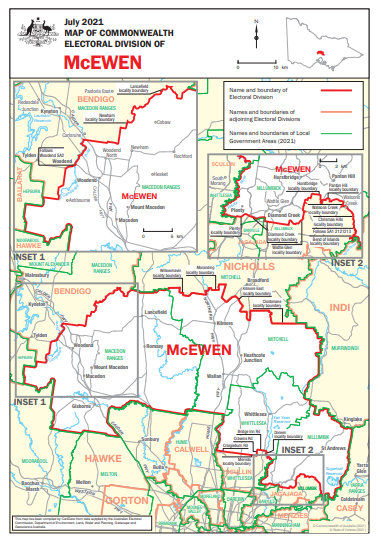|
| Adam Carr's Election Archive
|
Australian federal election, 2022
Division of McEwen, Victoria
Named for: Rt Hon Sir John McEwen (1900-80), federal MP 1934-71,
Prime Minister 1967-68
North of Melbourne: Diamond Creek, Gisborne, Kilmore, Wallan, Whittlesea
State seats: Parts of
Eildon,
Euroa,
Macedon,
Sunbury,
Thomastown and
Yan Yean
Local government areas: Parts of
Macedon Ranges,
Mitchell,
Nillumbik and
Whittlesea
Borders with:
Ballarat,
Bendigo,
Calwell,
Casey,
Hawke,
Indi,
Jagajaga,
Menzies and
Scullin
Enrolment at 2019 election: 108,064
Enrolment at 2022 election: 108,089 (+00.0)
1999 republic referendum: No 55.5
2018 same-sex marriage survey: Yes 65.4
Sitting member: Rob Mitchell (Labor):
Elected 2010, 2013, 2016, 2019
2007 Liberal majority over Labor: 0.0%
2010 Labor majority over Liberal: 5.3%
2013 Labor majority over Liberal: 0.2%
2016 Labor majority over Liberal: 7.8%
2019 Labor majority over Liberal: 5.0%
2019 notional Labor majority over Liberal: 5.3%
Liberal two-party vote 1983-2019
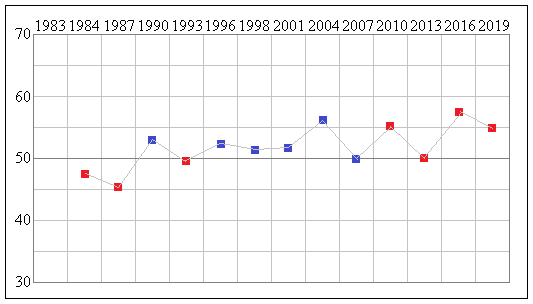
Status: Marginal Labor
Best Labor booths, two-party vote: Mount Ridley North (78.6), Mernda Central (73.7), Woodend East (70.4),
Mernda Park (67.4), Mernda (67.2)
Best Liberal booths, two-party vote: Bolinda (59.7), Yarrambat (57.9), Donnybrook (56.6), Bullengarook (54.1),
Darraweit Guim (52.9)
2019 results
Statistics and history
Candidates in ballot-paper order:
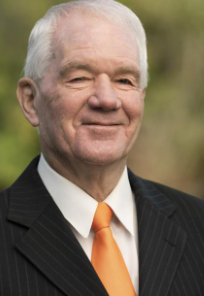 |
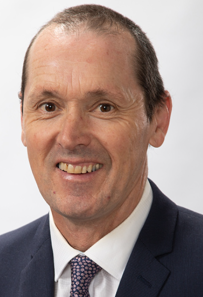 |
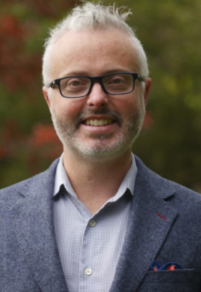 |
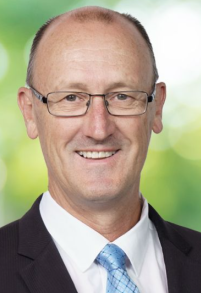 |
1. Neil Barker
Australian Greens |
2. Paul McRae
United Australia Party |
3. Christopher Neil
Australian Federation Party |
4. Chris Bradbury
Pauline Hanson's One Nation |
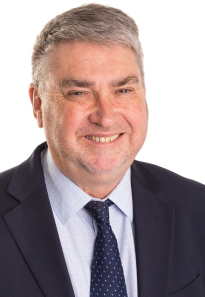 |
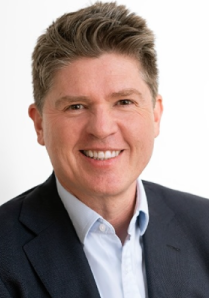 |
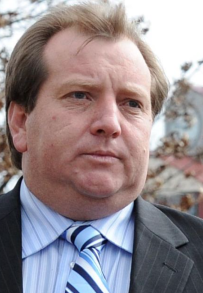 |
5. John Herron
Liberal Democrats |
6. Richard Welch
Liberal Party |
7. Rob Mitchell
Australian Labor Party |
Candidate websites:
Neil Barker
Chris Bradbury
John Herron
Paul McRae
Rob Mitchell
Christopher Neil
Richard Welch
Division of McEwen
McEwen was created in 1984, covering an expanse of rural Victoria north and north-east of Melbourne, as well as some
fast-growing outer suburbs. Although most of its area is semi-rural, it has the social characteristsics of an
outer-suburban mortgage belt seat - a high proportions of families with dependent children and of dwellings
being purchased, and a low level of people in non English speaking households. The seat has always been
politically marginal, with its orientation usually being determined by which suburbs are included at each successive
redistribution. The 2010 redistribution, by adding the strongly Labor-voting suburb of Craigieburn, tipped the seat
towards Labor. The 2018 redistribution removed Craigieburn, but also removed rural areas around Seymour. The
result was to reduce the Labor majority slightly. The 2021 redistribution has added an area around Diamond Creek,
slightly improving the seat for Labor.
Fran Bailey, who held McEwen for the Liberals for most of the
1990s, was a junior minister in the Howard Government
and well-regarded locally. As a result she was able, by the narrowest of margins, to retain the seat in 2007.
When she retired in 2010, the seat was won by Labor. There was a swing back to the Liberals in 2013,
but in 2016, aided by a poor Liberal candidate, Labor secured a swing of 7.6%. There was no significant swing in 2019.
Rob Mitchell, Labor MP for McEwen since 2010, was variously a boot-maker, tow-truck operator and sales manager before
entering politics. In 2002 he unexpectedly won the Victorian Legislative Council seat of Central Highlands, which
he held until 2006. He narrowly failed to win McEwen in 2007, won it in 2010, and narrowly retained it in 2013. He was
elected Second Deputy Speaker in 2013, and will probably become Speaker if Labor wins the 2022 election. The Liberal candidate
is Richard Welch, a former company CEO with an MBA from Imperial College, London. The Greens candidate is again Neil Barker, an
agricultural scientist.
Demographics:
Median weekly household income: $1,613 (Australia $1,438)
People over 65: 10.6% (Australia 15.8%)
Australian born: 72.7% (Australia 66.7%)
Ancestry: Italian 5.9%
Non-English-speaking households: 22.3% (Australia 22.2%)
Catholics 28.7% (Australia 22.6%)
No religion 28.4% (Australia 29.6%)
University graduates: 16.7% (Australia 22.0%)
Professional and managerial employment: 27.8% (Australia 35.2%)
Employed in manufacturing and construction: 31.0% (Australia 22.9%)
Paying a mortgage: 51.6% (Australia 34.5%)
Renting: 21.1% (Australia 30.9%)
Traditional families: 44.5% (Australia 32.8%)
Back to main page
|

